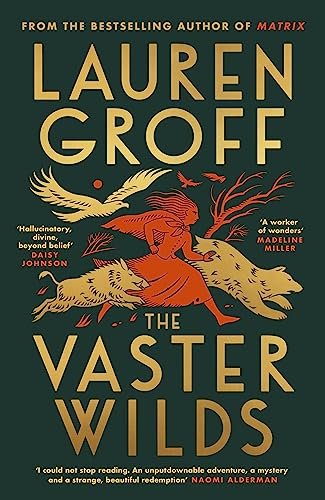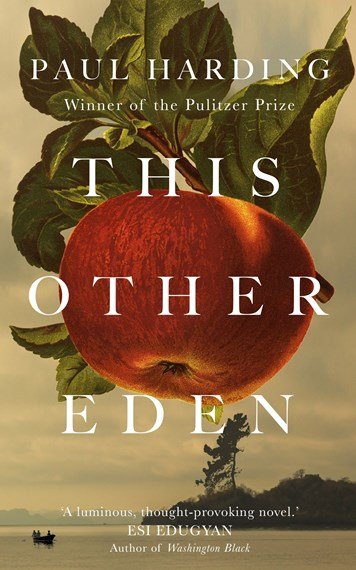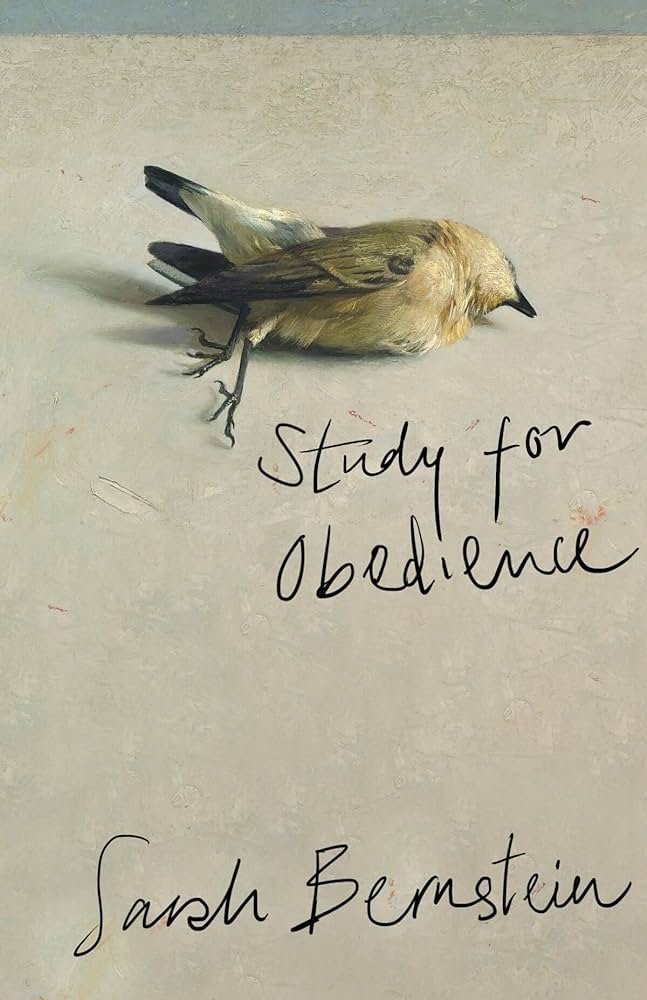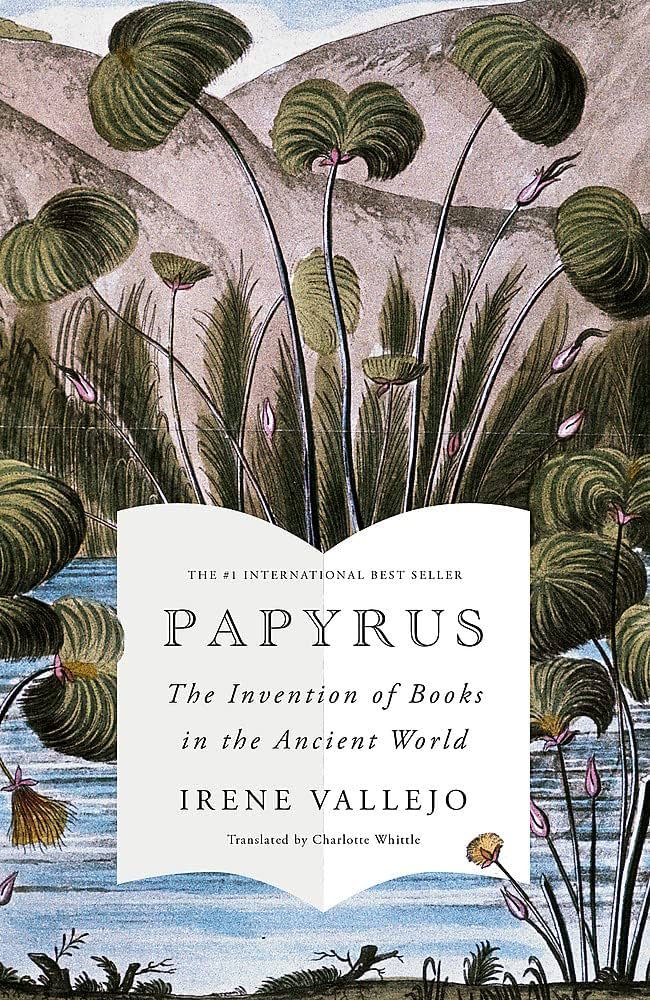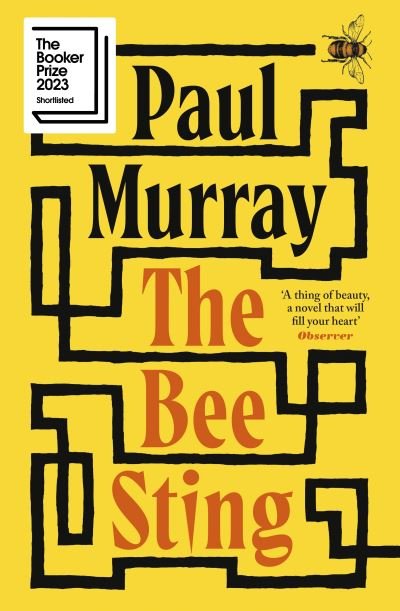I've been somewhat hesitant to pick up Paul Murray's new novel – not because of its 600+ page length – but because his previous novel “The Mark and the Void” was a disappointment to me. It had an interesting concept but I felt it didn't have much heart. Conversely, “The Bee Sting” is filled with so much emotional tension I was riveted. It also has an increasingly suspenseful story and explores a number of meaningful issues. And Murray makes a very bold choice with the ending which has got a lot of readers talking! My online book club spent the past month discussing it and it's so interesting reading everyone's point of view.
This novel is a big contemporary family saga set in a small Irish town. We follow the perspectives of the Barnes family from their different points of view during a specific period of time. They are going through a crisis as a family as well as having their own serious individual issues which might take them over the edge. It deals with economic instability, environmental decline, the sometimes repressive nature of community, infidelity, internal and external homophobia, and the silences which exist within the home when family members aren't honest with each other or themselves. This is all couched within a very dramatic plot with many mysteries and misdirects which make it increasingly thrilling to read.
It's so clever how Murray focuses on the perspectives of all the family members in turn to sympathetically portray their different points of view. I was convinced by each version of this family's story which moves from teenager Cassandra to adolescent PJ to the mother Imelda to the father Dickie. Even when I had something like a complete portrait there were still lots of gaps and misunderstandings which are dealt with in the final section of the novel. As well as creating suspense, this gives such a strong sense for how so many conflicts and contradictions occur within one family. Though this appears to be a normal family from the outside and they broadly support each other, there's a lack of emotional openness and there are an increasing number of lies which fill their household. Even the title of this novel is a lie. It begins to feel absurd that they can live within such close physical proximity but have so much psychological distance that they don't really see each other anymore. There's also a tragedy to this because knowing what we do about each family member's inner life we know if they were honest with each other they could help each other in meaningful ways. The novel shows how this is such a common state of affairs for families to fall into and how it can lead to great heartache and potential tragedy.
There are so many details within this novel which could be discussed at length, but one of the most striking things about it which any reader who completes the book will want to talk about is the ending. I'll get into spoilers here because it's impossible not to if I'm going to explain my own theory about it. The noteworthy thing about the ending is that it gives no conclusion. Dickie and his friend Victor are hidden in the forest preparing to shoot the man who has been blackmailing Dickie. Meanwhile, his children and wife Imelda are separately trying to find him though it's night and there's a torrential rain storm. Just as there's a click where Dickie might shoot one or all of them the novel ends. Though this later section has switched to a second person narrative with lines attributed to different characters the final line of the book simply states “You are doing this for love.” Which “you” and what “this” is remains unknown. The ambiguity of this ending is in many ways the point of this book. It prompts reflections about our own family life and why honest communication is difficult but necessary.
I can't help speculating on what happens in the moment after this book ends. Having grown to intensely care about these characters and intimately know their lives, I can't help wondering about what happens next in their story. Here are the two likely scenarios I envision: Dickie and/or Victor unintentionally or intentionally shoot one or all members of the family prompting Dickie to shoot himself and/or Victor OR that a shot is fired and misses the family creating a moment of nearly averted crisis and the beginning of an open communication/reconciliation that Imelda, PJ and Cass were hoping to start by finding Dickie. There are an infinite number of variations and mixture of these events which could also occur. However, we can speculate about likely outcomes given details and foreshadowing which have come before.
To start with, there's the very first line of this novel: “In the next town over, a man had killed his family.” This local tragedy casts a shadow over the story as this unknown family and their now empty house have become the subject of gossip and morbid intrigue. It's poignant thinking that if things also end in tragedy for the Barnes' family they'd also likely become just another subject of gossip for the community. In fact, they already are with their failing business and the corruption surrounding it. However, this local legend also conveys the sense that Dickie might shoot his family as well as himself. This is reinforced by Dickie's later conversation with Victor where Victor says the only way to be sure to keep Dickie's secret from his family is to kill them.
Eilish, a member of my online book club, pointed out that at the beginning of the novel Cass feels very anxious about climate change and when the entire family becomes lost in the forest during a storm it's like the environment itself is threatening their lives. There's also the character of Imelda's Aunt Rose or her adopted Aunt who apparently has psychic abilities and in her delirious state seems to express warnings of a forthcoming tragedy. She stresses to Imelda that Cass shouldn't return and makes reference to a squirrel which could be PJ. Additionally, when Cass and PJ were younger they'd play a game in the forest where they were squirrels being hunted by their father. Cass makes reference to this in the very last line from any of the characters.
So, every sign seems to be pointing to a tragic conclusion which is about to occur. However, I have a theory that things might actually continue in a more positive direction for this family. Murray has structured this novel in a way that many sections end with a cliffhanger. Chapters that focus on a particular character end with the sense that something really bad might be about to occur. This is partly what makes this book such a compulsive read despite its considerable length. But when we finally find out the result of these suspenseful moments it often turns out to be okay. The threat Murray has created dissipates and the story continues. In doing so, I think the author is saying our lives can veer towards tragedy but we don't often go over the edge of the cliff. I think Murray has been steadily preparing us for this final moment of crisis and if we continue with this line of logic, no one would be fatally shot. There might be panic; someone might be wounded, but I'm guessing that being pushed to the brink of destruction would cause these family members to finally start being honest with each other and hopefully move towards positive changes in their life together because, after all, they are connected by love.
We'll never know for certain how their story ends and I think the lack of resolution is poignant. I believe Murray made the right decision in not giving us a definite conclusion. But I know some readers have found this too frustrating. There is a whole other level of discussion to be had about this ending. Does it rely too much on coincidence? Is it believable that Imelda, Cass and PJ would all suddenly have a change of heart and care about Dickie when previously they'd mostly ignored or dismissed him? I think like a lot of dramatic plots it relies on some contrivances. But personally I can forgive that because it made the story so engaging and ultimately it produces a powerful message. Like all the best epics it was both a pleasure to read and increasingly engrossing so that I didn't want it to end.


